According to the Prime Minister , state-owned enterprises do not operate individually but must cooperate with foreign and private corporations to create value chains in the new integration context.
Vietnam currently has 676 state-owned enterprises, of which 70% are wholly owned by the State, with the rest holding controlling shares.
At the meeting on March 3, Prime Minister Pham Minh Chinh reiterated that this business sector plays a leading role in the economy.
He said that in the new integration context, state-owned enterprises need to be pioneers in innovation and grasp technology in emerging fields (high technology, semiconductor chips...).
"State-owned enterprises do not operate individually but need to link up with foreign and private corporations to create value chains. This is the basis for the State sector to diversify markets, products and supply chains," said the Prime Minister.

Prime Minister Pham Minh Chinh speaks at a meeting with state-owned enterprises on March 3. Photo: VGP
In 2023, the economy faced many difficulties, but state-owned enterprises recorded a total revenue of 1.65 million billion VND, pre-tax profit of nearly 126,000 billion VND. These targets all exceeded the plan by 4-8%. They also retained large resources in terms of capital and assets, attracting 700,000 workers.
However, the Prime Minister said that corporations and general companies have not developed commensurate with their resources and have not demonstrated their leadership role. This is because many overseas investments have encountered difficulties, some projects have accumulated large losses for many years, and restructuring has not been effective. Some units have committed violations and corruption, which must be dealt with.
The reason is that in some places and at some times, they are passive and slow to react to major changes, and restructuring is not appropriate. "The spirit of innovation in some corporations and general companies is limited, they are still afraid of making mistakes and being responsible," he said.
To overcome this, the Prime Minister requested that enterprises innovate their governance, restructure their management, apparatus and capital sources to improve production and business efficiency. He noted the role of the State Capital Investment Corporation (SCIC), using capital for development investment.
With regard to ministries and branches, the Government leaders requested to remove difficulties for enterprises in the spirit of "not waiting for them to come and ask, then doing things". The Prime Minister also assigned the Ministry of Planning and Investment to develop a project on management of state-owned enterprises, in the direction of separating the functions of ownership and state management.






![[Photo] Prime Minister Pham Minh Chinh chairs conference on anti-smuggling, trade fraud, and counterfeit goods](https://vphoto.vietnam.vn/thumb/1200x675/vietnam/resource/IMAGE/2025/5/14/6cd67667e99e4248b7d4f587fd21e37c)



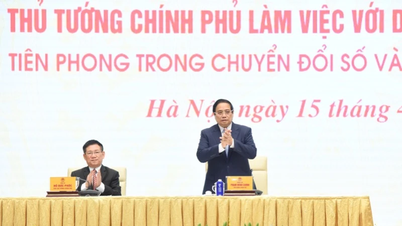

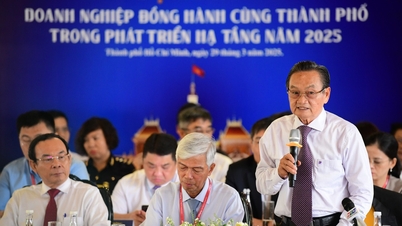

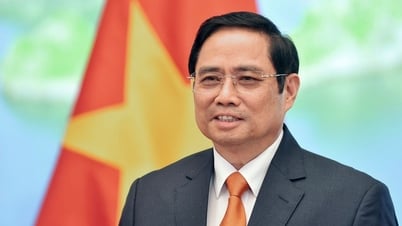


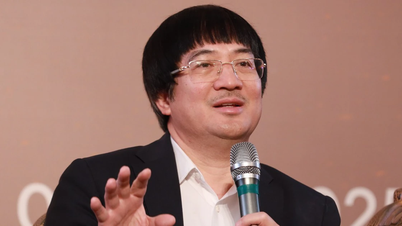
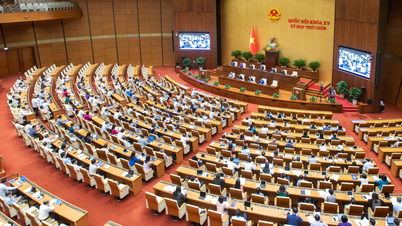

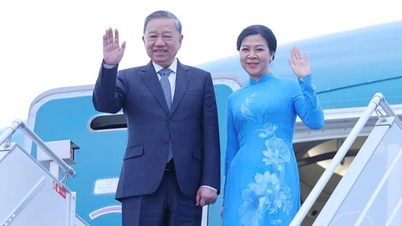

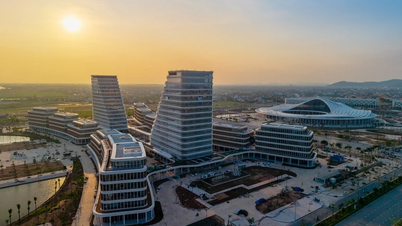















































































Comment (0)